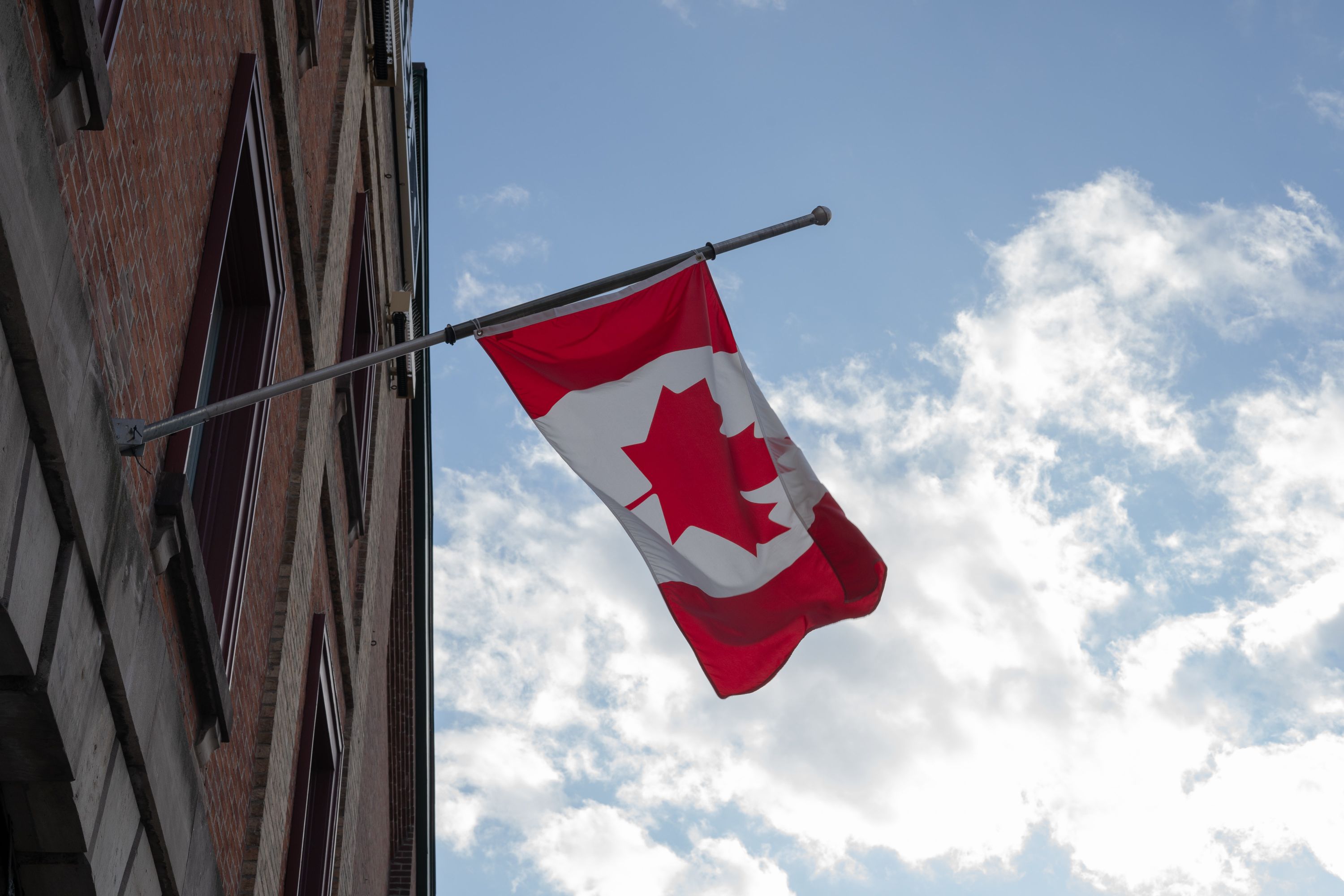

In the December 9 Express Entry draw, Canada issued 5000 Invitations to Apply for permanent residence in the country. The minimum Comprehensive Ranking System (CRS) cut-off threshold was 469. This is the third consecutive draw where Canada is inviting a record high number of 5000 candidates. In the last draw held on November 24, too CRS cut-off score remained the same at 469.
In 2020, till November 18, the minimum CRS score in all-program draws hovered above 470. But in the past two draws, the CRS cut-off score has come down below 470 to 469. In the first Express Entry draw of 2020 held on January 8, the minimum cut-off score was 473. In the next draw held on January 22, the CRS score dropped by 2 points to 471. However, IRCC stopped holding all-program draws for a while after restrictions were imposed in the wake of COVID-19. Till August 20, Canada has been conducting Canada Experience Class, and PNP specific draws alternately. In between, on July 8, Canada conducted an all-program draw and the minimum required CRS score was 476. In the September 2 all-program draw, the minimum CRS score was 475.
Canada uses the Comprehensive Ranking System to assess a candidate’s eligibility to apply for Canada immigration through Express Entry. Under this merit-based point system, each candidate in the Express Entry pool is awarded a score, which is called a CRS score. Out of 1200, the score is awarded to a person who submits their profile to the Express Entry pool based on various factors that include human capital factors, spouse/common-law partner factors, and skill transferability factors. The primary human capital factors are age, education, official language proficiency, work experience etc. The maximum points a candidate, with a spouse, earn under these factors is 460. Those without a spouse may earn 500 under these factors. Spouse’s education, language proficiency and work experience may earn a maximum of 40 points under the spouse/common-law partner factors. Skill transferability factors such as strong official language proficiency, a post-secondary degree and Canadian work experience can earn a maximum of 100 points for the candidates. Besides these, a candidate may earn additional points if they have a brother or sister living in Canada, French language skills, post-secondary education in Canada or arranged employment. In addition to this basic CRS score, those who have a provincial nomination may earn a maximum of 600 additional CRS score points.
As per the Immigration Levels Plan for 2021-2023 announced by Canada, the country is planning to admit more than 400,000 new immigrants every year during this period. While 401000 immigrants will be welcomed in 2021, 411000 immigrants will be admitted in 2022 and 421000 immigrants in 2023. For the first time after 1913, Canada will accept more than 400,000 candidates in a single year. As per the Plan, about 60 percent of all immigrants will come to Canada under economic class programs that include Express Entry and Provincial Nominee Programs.
Canada’s population is ageing fast, with nearly 18 percent of its total population already above 65. The country also has one of the lowest birth rates, 1.47 births per woman. But a sustainable growth of the population has to be maintained to grow the economy and support the government’s future spending. Canada expects that by welcoming more immigrants, the country can support the labour force and economic growth.
Though Canada had planned to welcome 341000 new immigrants in 2020, the restrictions imposed as a response to the coronavirus pandemic prevented the country from meeting this immigration target. Compared to August 2019, Canada admitted 64 percent fewer immigrants in the same month in 2020. Recent studies have found that the majority of Canadians also support welcoming more immigrants to the country. They think immigrants will make Canada a better country and a more diverse and multicultural place to live. They also believe that immigrants will also support the country’s long-term economic recovery in the post-pandemic period.
The Canadian government also thinks immigrants can support the country’s economic recovery from the coronavirus pandemic’s impact. Canadian Government’s Fall Statement observed that immigration supported half of the average of the country’s real GDP growth between 2016 and 2019. Canada has already rolled out elaborate plans to make the best use of newcomers’ skills and talents to support the country’s economic recovery after the pandemic. The government has set aside $72 million for modernizing the immigration system. The ambitious Immigration Levels Plan to welcome more than 400,000 new immigrants per year during 2021-2023 is also part of these efforts.
Check your eligibility for Canada immigration under Express Entry. Contact ImmiLaw Global, the best Canadian immigration consultants in Kerala, to communicate your queries and doubts.